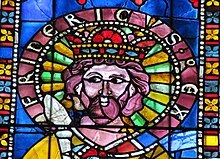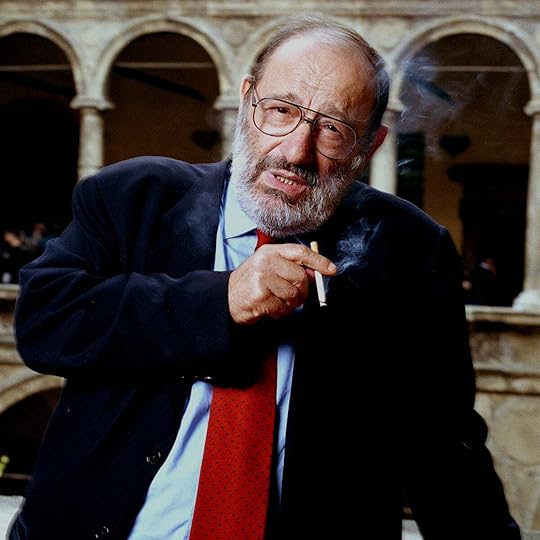What do you think?
Rate this book


527 pages, Paperback
First published November 1, 2000
Now, one of our brothers, Eldad of the tribe of Dan, more than a hundred years ago, arrived at Qayrawan, in Africa, where a community of the Chosen People exists, saying that he came from the kingdom of the ten lost tribes, a land blessed by heaven, where life is peaceful, never troubled by any crime, where truly the streams flow with milk and honey. This land has remained separated from every other country because it is defended by the river Sambatyon, which is as wide as the shot of the mightiest bow, but it is without water, and only sand and stones flow there furiously, making a noise so horrible that it can be heard even at the distance of a day’s march, and that inanimate matter flows there so rapidly that anyone wishing to cross the river would be swept away by it. That stony course stops only at the beginning of the Sabbath, and only on the Sabbath can it be crossed, but no son of Israel could violate the Sabbath day of rest.
God is the Unique, and he is so perfect that he does not resemble any of the things that exist or any of the things that do not; you cannot describe him using your human intelligence, as if he were someone who becomes angry if you are bad or who worries about you out of goodness, someone who has a mouth, ears, face, wings, or that is spirit, father or son, not even of himself. Of the Unique you cannot say he is or is not, he embraces all but is nothing; you can name him only through dissimilarity, because it is futile to call him Goodness, Beauty, Wisdom, Amiability, Power, Justice, it would be like calling him Bear, Panther, Serpent, Dragon, or Gryphon, because whatever you say of him you will never express him. God is not body, is not figure, is not form; he does not have quantity, quality, weight, or lightness; he does not see, does not hear, does not know disorder and perturbation; he is not soul, intelligence, imagination, opinion, thought, word, number, order, size; he is not equality and is not inequality, is not time and is not eternity; he is a will without purpose. Try to understand, Baudolino: God is a lamp without flame, a flame without fire, a fire without heat, a dark light, a silent rumble, a blind flash, a luminous soot, a ray of his own darkness, a circle that expands concentrating on its own center, a solitary multiplicity; he is a space that is not, in which you and I are the same thing, as we are today in this time that doesn’t flow. Then the Unique, because of his perfection, through generosity of himself, tends to expand, to widen in ever broader spheres of his own fullness; he is, like a candle, victim of the spreading light, the brighter it grows the more it melts. Yes, God liquefies in the shadows of himself, becomes a throng of divine messengers, Eons that have much of his power, but in a form already weaker. There are many gods, demons, Archons, Tyrants, Forces, Sparks, Stars, and what the Christians call angels or archangels... But they are not created by the Unique, they are an emanation of him.


„Nu cred că ești tu așa umil, [Baudolino]. Tu ești fericit de a te fi știut încă o dată Prințul Minciunii”.
„Domnule Niketas, problema vieţii mele e că eu întotdeauna am confundat ceea ce vedeam cu ceea ce doream să văd... Ştii, domnule Niketas, cînd tu spui un lucru pe care ţi l-ai închipuit, iar ceilalţi îţi spun că-i chiar aşa, sfîrşeşti şi tu prin a crede-n el. Aşa că eu mergeam prin Frascheta şi vedeam sfinţi şi unicorni prin pădure”.